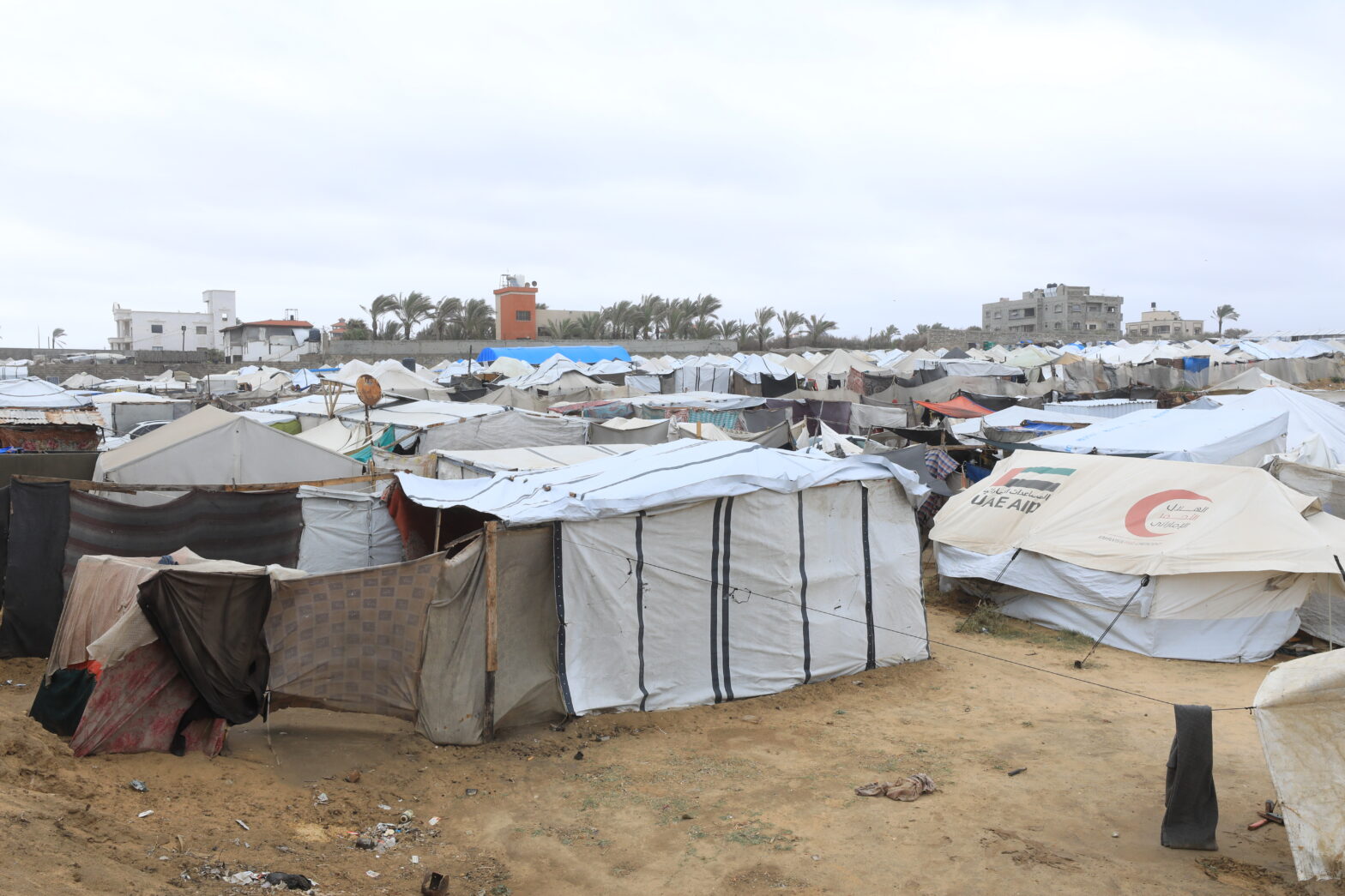
November 29 marks the International Day of Solidarity with the Palestinian People. As we observe this day, it’s the second consecutive year that the world stands with us while the people of Gaza endure unimaginable hardships, massacres, injuries, and widespread displacement. As a Palestinian, I feel deep disappointment when I witness the global community, united under international forums and committed to Sustainable Development Goals, continue to issue decisions and treaties without meaningful implementation.
However, I am profoundly grateful to the compassionate individuals and leaders around the world who are willing to step forward and stand for justice, regardless of the cost. These are the people who invest their time, money, and effort to oppose wrongdoing and support the vulnerable, even if only with words.
Each one of us Palestinians has personal stories of suffering and deprivation of rights that are supposedly guaranteed by international law. I often wonder: to whom are these rights guaranteed if we and so many other vulnerable communities are denied them?
A glimpse into the past
Looking back at our beloved city of Gaza a year ago, despite being labelled by some as the world’s largest open-air prison, it was a haven to us. I cannot forget the olive trees, symbols of peace and a primary source of nutrition for most Palestinians. For the second year in a row, they have not been harvested. But it’s not just the olives left unpicked; children who survived violence have lost two school years. We have lost not only living trees but also many of our loved ones, our memories, and our hope for a more just world.
This reflection takes me further back to 2005, to the famous image of Mahfouza Odeh, a 75-year-old woman hugging the last grove of her olive farm before it was destroyed. That hug symbolised the mutual love between Mahfouza and her trees, a love I wish I could have experienced with any of my own olive trees. These emotions are shared by all of us who hold a deep connection to these ancient trees.
Enduring hardships
My thoughts then shift to a poignant article by Sara Roy in 2015, where an official described a strategy towards Gaza as “No development, no prosperity, no humanitarian crisis.” This phrase encapsulates the decades of hardship Gazans have endured. Under the guise of “no humanitarian crisis,” patients have died due to lack of medication and the inability to travel for treatment. “No prosperity” means that whenever our situation improves, setbacks return us to square one. “No development” has been enforced through restrictions, blockades, and the deprivation of free movement, disconnecting us from our natural extension in the West Bank.
All of this, although categorised as a prolonged crisis, was deemed “no humanitarian crisis” because it wasn’t making headlines.
The unbreakable bond with our land
Last year, during our displacement, the surviving olive trees stood full of olives, waiting for us to harvest, pickle, and press into oil. They even provided shelter for many who sought refuge under their long branches. We have a profound bond with these trees and the land they grow on. They are an integral part of our heritage, food, and even our proverbs, a heritage accumulated through centuries of connection. As the Palestinian poet Mahmoud Darwish said, “Here we remain, as long as thyme and olives remain.”
I cannot forget that olive trees provided us with wood and leaves as fuel for heating and cooking when there was no fuel. We keep taking, and they keep giving. Even their extended branches sheltered us when we had no other shelter.
Echoes from the West Bank
The uprooted, burnt, or shredded trees in Gaza remind me of the West Bank, where olive trees have been regularly attacked, burnt, cut, and destroyed annually, right before harvest, a practice occurring long before October 2023.
It’s not only olive trees and their owners who suffer in the West Bank. Children face numerous dangers on their way to school. Pregnant women have given birth at checkpoints. Residents of Jerusalem are forced to evacuate their homes, only to see new inhabitants introduced in their place.
Even UN bodies and international NGOs providing humanitarian aid to Palestinians, like UNRWA, have faced challenges, despite their adherence to the highest standards of transparency and accountability. If such globally overseen organisations face obstacles, what fate awaits less protected, more vulnerable humanitarian workers, agencies, and individuals?
A continuing story
This is not a conclusion, for our story continues. It’s time to stop losing lives and time attempting to change the unchangeable. The types of olive trees and the people bonded to them can only live and thrive on this land. Other types of trees, which do not belong here, can only grow where they naturally belong. As Mahmoud Darwish said, our existence is as deeply rooted in this land as the olive tree.
On this International Day of Solidarity, let us remember the enduring spirit of the Palestinian people and the centuries-old olive trees that symbolize our resilience. We invite the global community to stand with us, not just in words but in actions that lead to meaningful change.
*Ahmed (not a real name)



